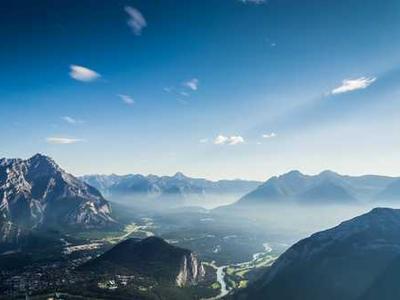How do I become a Buddhist, and can someone explain Buddhism to me?
16.06.2025 00:04

Yes, that will strike many as a gross over-simplification. But it isn’t really. So much of what Christ taught, and what Buddha taught, can *ALMOST* be reduced to something like, “Try to be a better person.” And along with that, the learning of patience and moderation in all things.
Of course it is not QUITE that simple. In different ways, though, Christianity and Buddhism, are similar in that they reduce the cause of human suffering as basically being too attached to one’s Ego, or one’s exaggerated sense of self… even though behind everything there may be just one vast Consciousness, or Cosmic Intelligence.
But the the difference with some religions is: it is not quite a matter of perfection for perfection’s sake, but rather than if you are truly freed from materialism and selfishness, you simply won’t feel the need to hurt, dominate, or abuse other souls. Why would a truly evolved soul need to do things like that? And this state of awareness (Enlightenment) can be approached through a moderate, benevolent lifestyle, along with meditation and — above all — the acquisition of patience and understanding.
Entire books, even libraries, have been written about Buddhism, and that’s fine. However, I think most of Buddhism can be reduced to the following saying:
Buddhists tend to think that this comes down to a transcendent awareness that can never be reduced to words alone. But it says that by practicing a few simple ideas, known as the Eightfold Path, one can approach this Cosmic Awareness over time.
What so many of the world’s great “Faiths” attempt to do is to free the soul from obsessive identification with the Ego’s point of view, and free up an awareness of Cosmic Perspective.
How often do you watch the news on TV?
And here you see the difference in the Western and Asian faiths. Buddhists, as a rule, usually aren’t obsessed with going around and spreading their faith by force, or by conquering everyone in sight… But rather by cultivating a sense of harmony and inner peace that for 2,500 years, has attracted followers.
The Ego, to a Buddhist, is above all the illusion of an individual that he or she is at the center of the universe, and everything else is less important. One of the main goals of Buddhism is for the Ego (or illusion of separateness) to gradually fade way.
Rule 1. Don’t sweat the small stuff, and
Rule 2. Everything is the small stuff.
